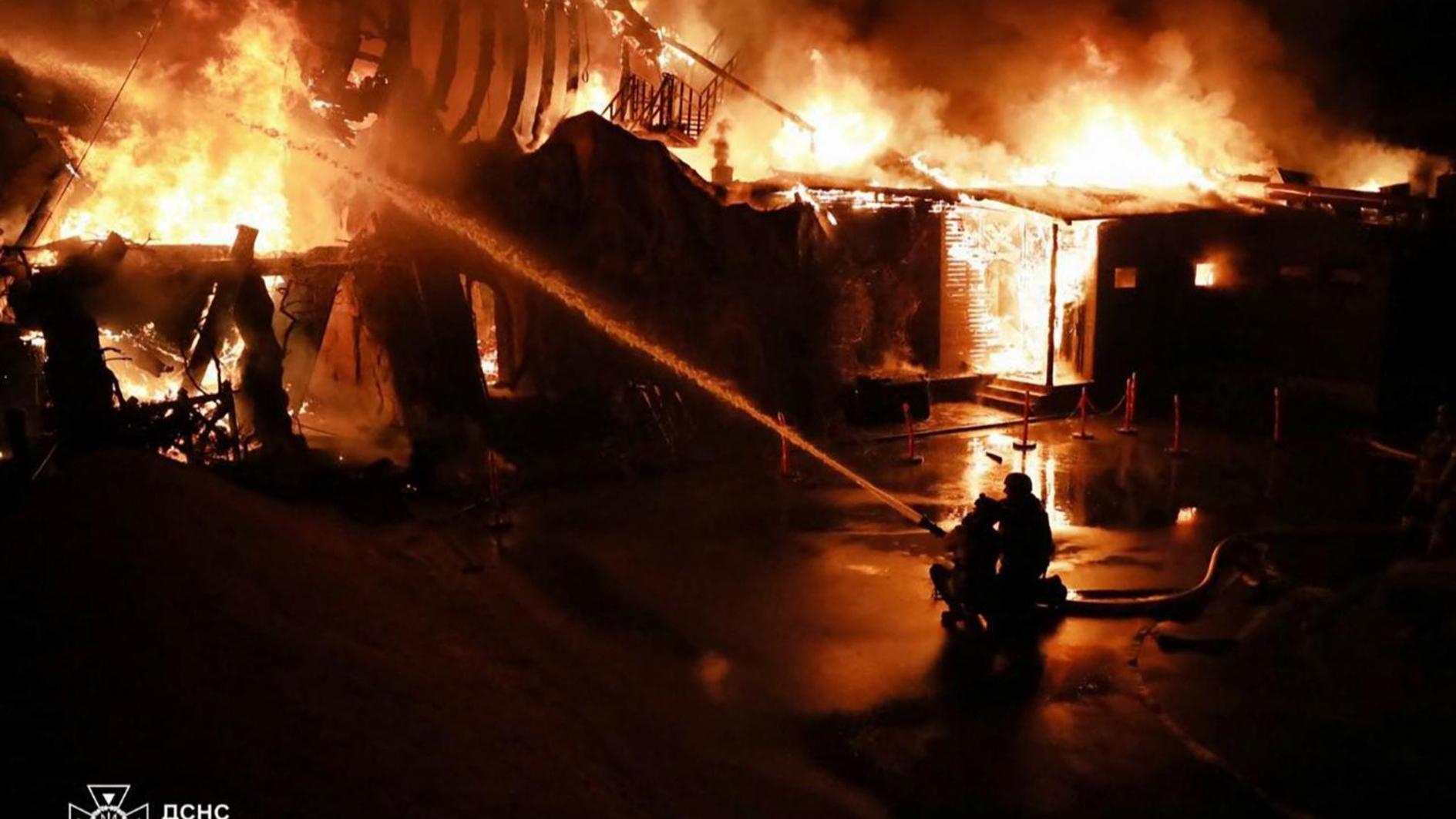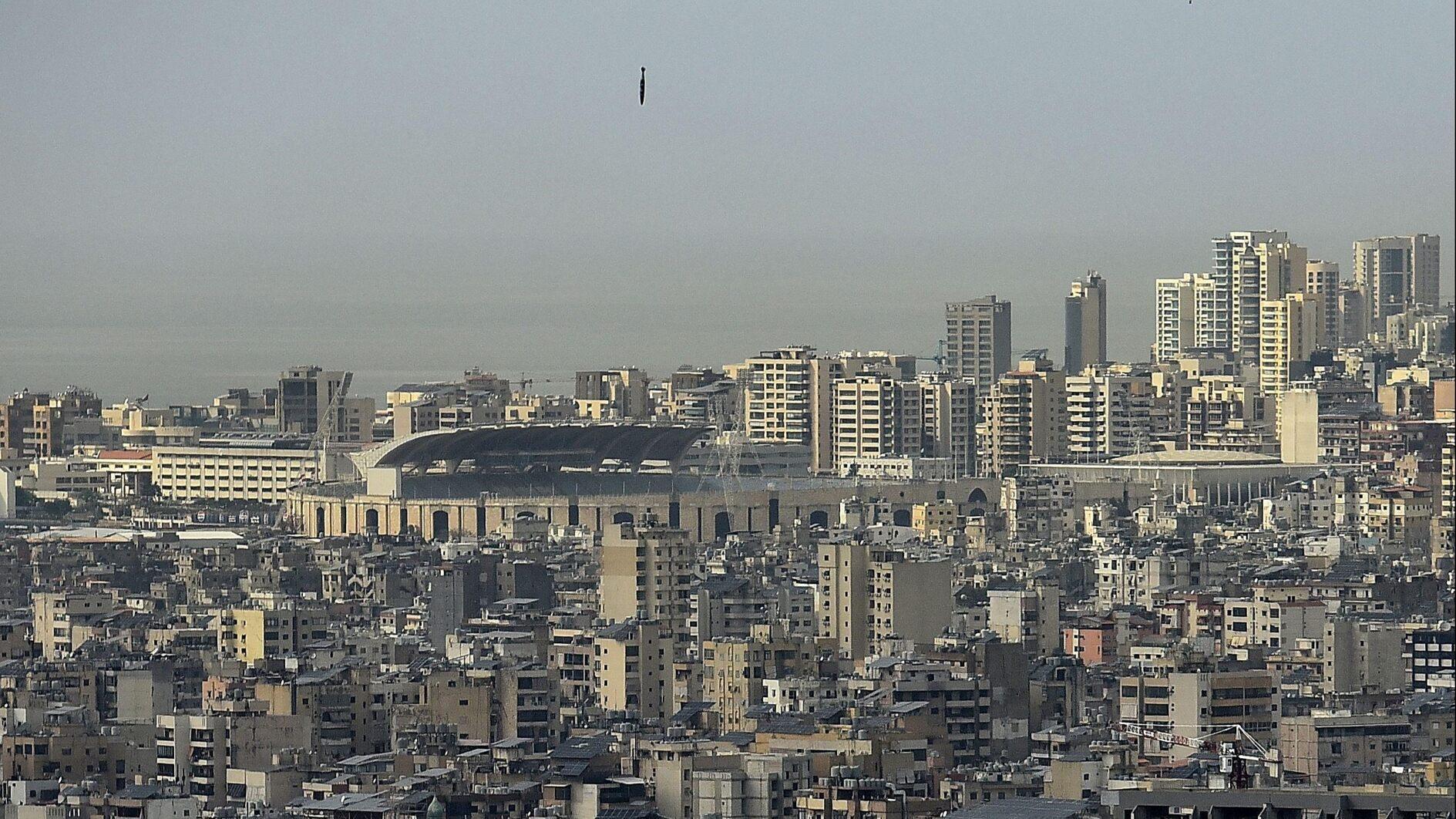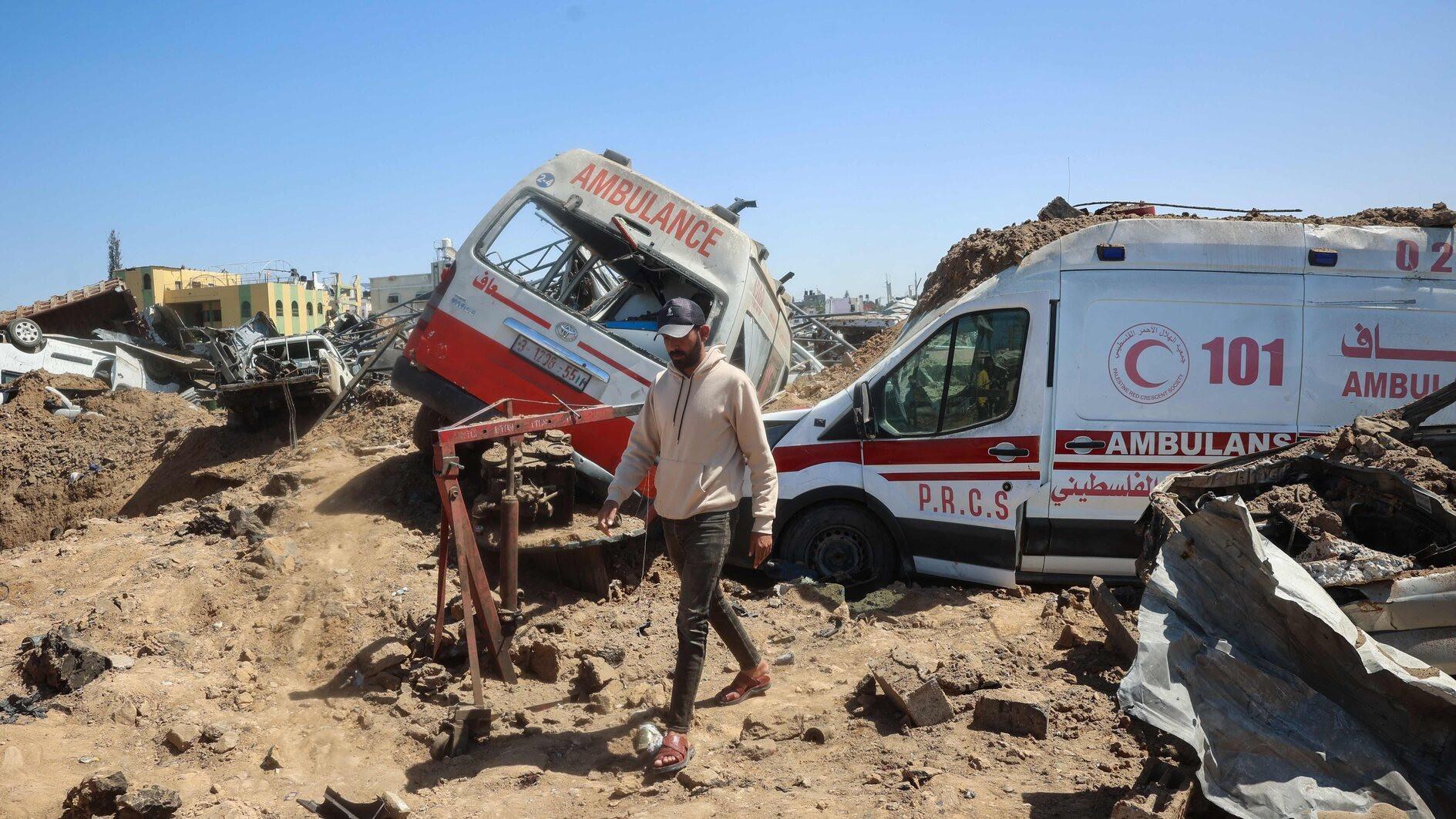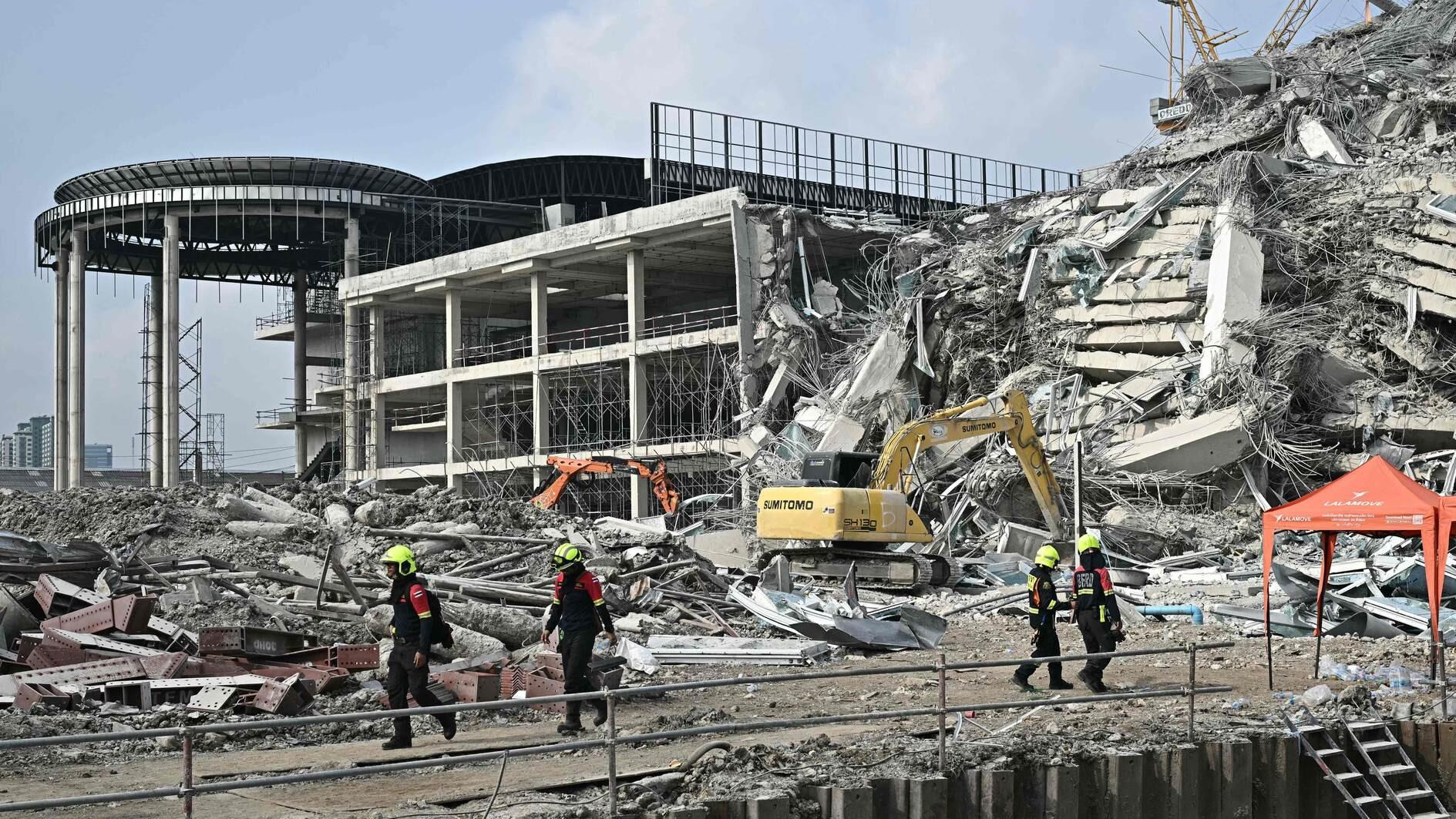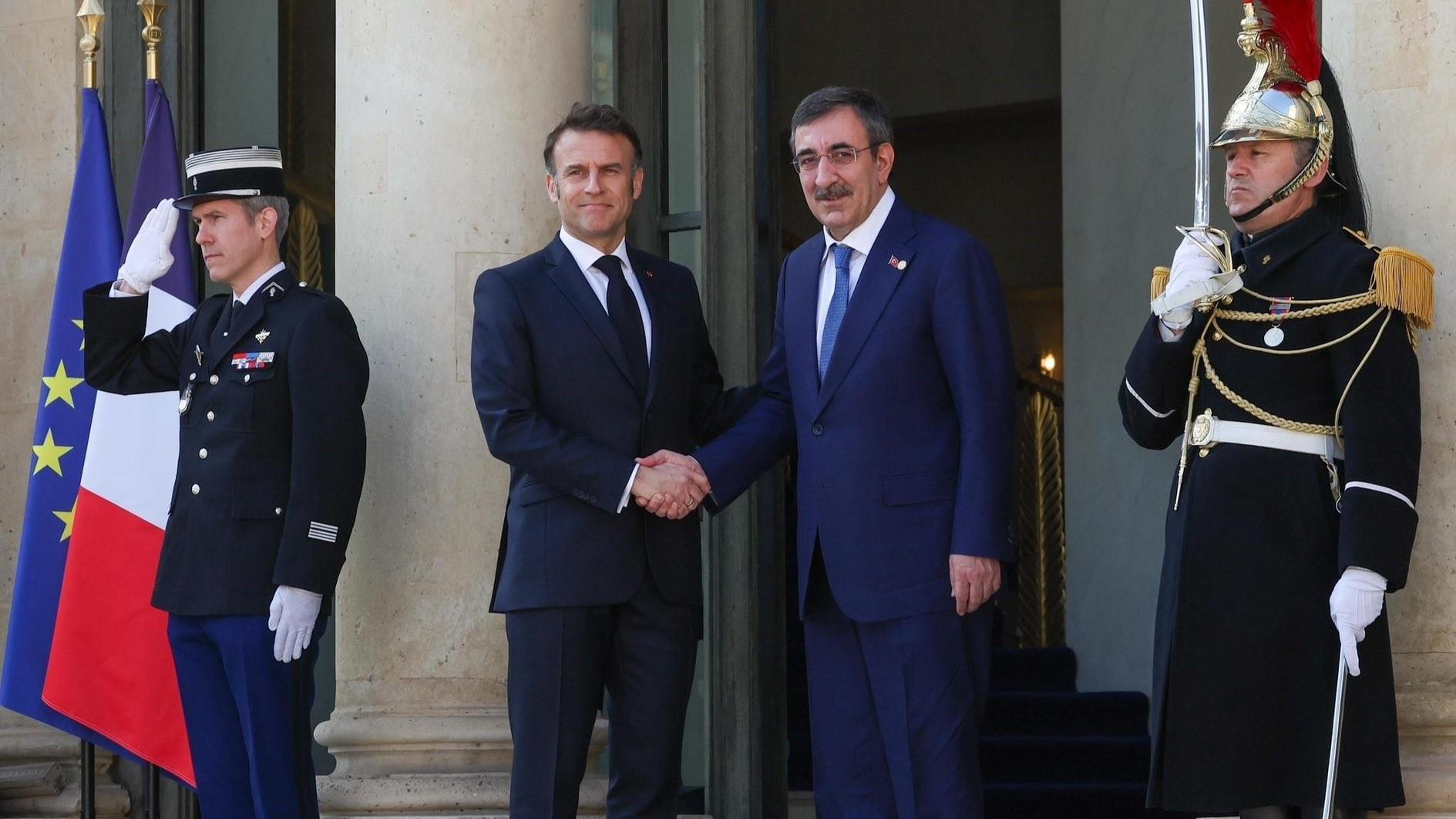Turkish military strikes YPG in Syria after soldier killed
ANKARA / GAZİANTEP
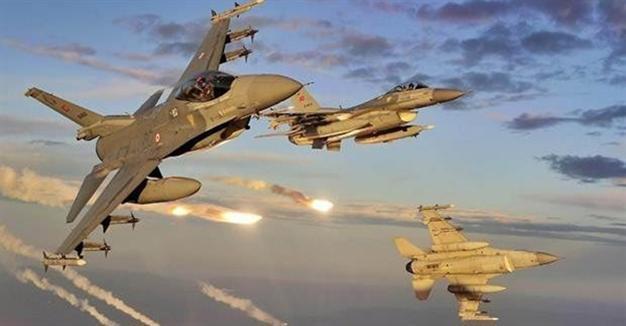 The Turkish military hit positions of the Syrian Kurdish People’s Protection Units (YPG) with jets and artillery on Aug. 28, one day after a Turkish soldier was killed in attack on Turkish tanks in northern Syria.
The Turkish military hit positions of the Syrian Kurdish People’s Protection Units (YPG) with jets and artillery on Aug. 28, one day after a Turkish soldier was killed in attack on Turkish tanks in northern Syria.In a written statement, the Turkish Armed Forces said the strikes were carried out against terrorist groups that had attacked Turkish soldiers supporting a Free Syrian Army (FSA) operation in Jarablus. It said 25 “terrorist members” of the outlawed Kurdistan Workers Party (PKK) and the YPG had been killed in the strikes in the area Jarablus and five buildings used by them had been destroyed.
“All possible measures are being taken to prevent harm to the civilian population living in the area and maximum sensitivity is being shown on this issue,” the army stated.
The strikes came one day after one Turkish soldier was killed and three more wounded in a rocket attack by YPG militants on two tanks taking part in Turkey’s military offensive in northern Syria.
Specialized Sgt. Ercan Çelik was killed in the attack, marking the first casualty for Turkey since the launch of “Operation Euphrates Shield” to rid the border region of the Islamic State of Iraq and the Levant (ISIL) jihadist group on Aug. 24.
Turkey sent tanks and troops into Syria on Aug. 24 to support its Syrian rebel allies. The Turkish-backed forces, who are part of the Free Syrian Army (FSA), first seized the Syrian border town of Jarablus from ISIL before pushing south into areas held by Kurdish-aligned militias. They have also moved west towards areas held by ISIL.
Turkish officials have openly stated that their goal in Syria is as much about ensuring Kurdish forces do not expand the territory they already control along Turkey’s border, as it is about driving ISIL from its strongholds.
The Kurdish-backed Syrian Democratic Forces (SDF), a coalition that includes YPG, has support from the United States, which sees the group as an effective Syrian ally against ISIL.
The Syrian Observatory for Human Rights, a Britain-based monitoring group with a network of sources in Syria, said Turkish-allied forces had seized two villages south of Jarablus, Jub al-Kousa and al-Amarna that were held by militias loyal to the SDF.
The fighting killed 20 civilians in Jub al-Kousa and 15 in al-Amarna, while scores more were wounded, the group said.
The Observatory said rebels backed by Turkish tanks fought until dawn against rival militias allied to the SDF around al-Amarna, with SDF-allied militia damaging three Turkish tanks.
Turkish security sources said warplanes and artillery had hit Kurdish YPG militia sites south of the frontier town of Jarablus and towards Manbij, a city captured by Kurdish-aligned SDF this month in a U.S.-backed operation.
Colonel Ahmed Osman, head of the Turkish-backed Sultan Murad rebel group, told Reuters that the force was “certainly heading in the direction of Manbij as the YPG forces had fortified their positions rather than evacuate.”
He said the Turkish-backed rebels hoped to take Manbij in a few days and were also pushing west against ISIL.
U.S. Vice President Joe Biden, during a visit to Ankara last week, said the YPG would withdraw to the east of the Euphrates river.
“We have made it absolutely clear that they [pro-Kurdish forces] must go back across the [Euphrates]. They cannot and will not, under any circumstances, get American support if they do not keep that commitment,” Biden told reporters at a joint press conference with Prime Minister Binali Yıldırım on Aug. 24 in the Turkish capital.
“We have a full agreement with the United States on what’s happening, which is that the [Syrian Kurdish Democratic Union Party] PYD shouldn’t cross west of the Euphrates or engage in activities west of the river,” Yıldırım said at the same event.
On Aug. 26, the PYD stated its armed wing the YPG was leaving Manbij to prepare for another move on ISIL.
“All possible measures are being taken to prevent harm to the civilian population living in the area and maximum sensitivity is being shown on this issue,” the army stated.
The strikes came one day after one Turkish soldier was killed and three more wounded in a rocket attack by YPG militants on two tanks taking part in Turkey’s military offensive in northern Syria.
Specialized Sgt. Ercan Çelik was killed in the attack, marking the first casualty for Turkey since the launch of “Operation Euphrates Shield” to rid the border region of the Islamic State of Iraq and the Levant (ISIL) jihadist group on Aug. 24.
Turkey sent tanks and troops into Syria on Aug. 24 to support its Syrian rebel allies. The Turkish-backed forces, who are part of the Free Syrian Army (FSA), first seized the Syrian border town of Jarablus from ISIL before pushing south into areas held by Kurdish-aligned militias. They have also moved west towards areas held by ISIL.
Turkish officials have openly stated that their goal in Syria is as much about ensuring Kurdish forces do not expand the territory they already control along Turkey’s border, as it is about driving ISIL from its strongholds.
The Kurdish-backed Syrian Democratic Forces (SDF), a coalition that includes YPG, has support from the United States, which sees the group as an effective Syrian ally against ISIL.
The Syrian Observatory for Human Rights, a Britain-based monitoring group with a network of sources in Syria, said Turkish-allied forces had seized two villages south of Jarablus, Jub al-Kousa and al-Amarna that were held by militias loyal to the SDF.
The fighting killed 20 civilians in Jub al-Kousa and 15 in al-Amarna, while scores more were wounded, the group said.
The Observatory said rebels backed by Turkish tanks fought until dawn against rival militias allied to the SDF around al-Amarna, with SDF-allied militia damaging three Turkish tanks.
Turkish security sources said warplanes and artillery had hit Kurdish YPG militia sites south of the frontier town of Jarablus and towards Manbij, a city captured by Kurdish-aligned SDF this month in a U.S.-backed operation.
Colonel Ahmed Osman, head of the Turkish-backed Sultan Murad rebel group, told Reuters that the force was “certainly heading in the direction of Manbij as the YPG forces had fortified their positions rather than evacuate.”
He said the Turkish-backed rebels hoped to take Manbij in a few days and were also pushing west against ISIL.
U.S. Vice President Joe Biden, during a visit to Ankara last week, said the YPG would withdraw to the east of the Euphrates river.
“We have made it absolutely clear that they [pro-Kurdish forces] must go back across the [Euphrates]. They cannot and will not, under any circumstances, get American support if they do not keep that commitment,” Biden told reporters at a joint press conference with Prime Minister Binali Yıldırım on Aug. 24 in the Turkish capital.
“We have a full agreement with the United States on what’s happening, which is that the [Syrian Kurdish Democratic Union Party] PYD shouldn’t cross west of the Euphrates or engage in activities west of the river,” Yıldırım said at the same event.
On Aug. 26, the PYD stated its armed wing the YPG was leaving Manbij to prepare for another move on ISIL.


